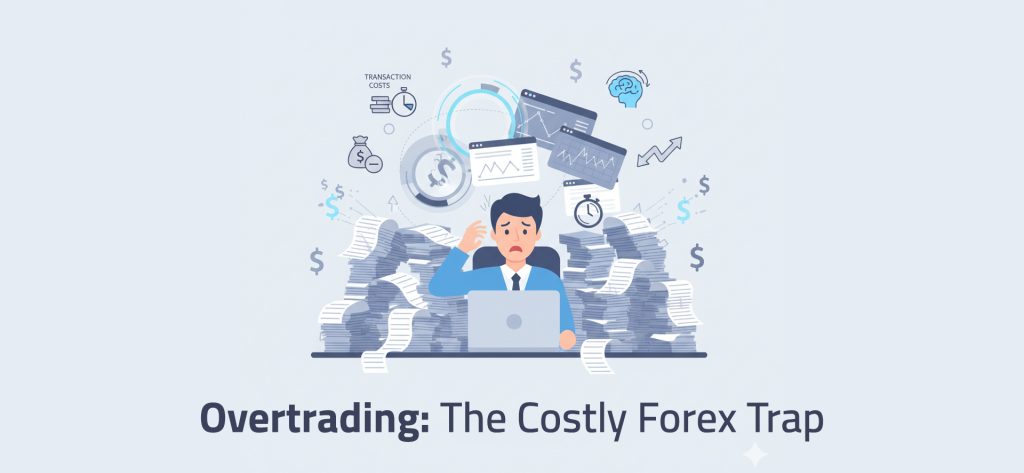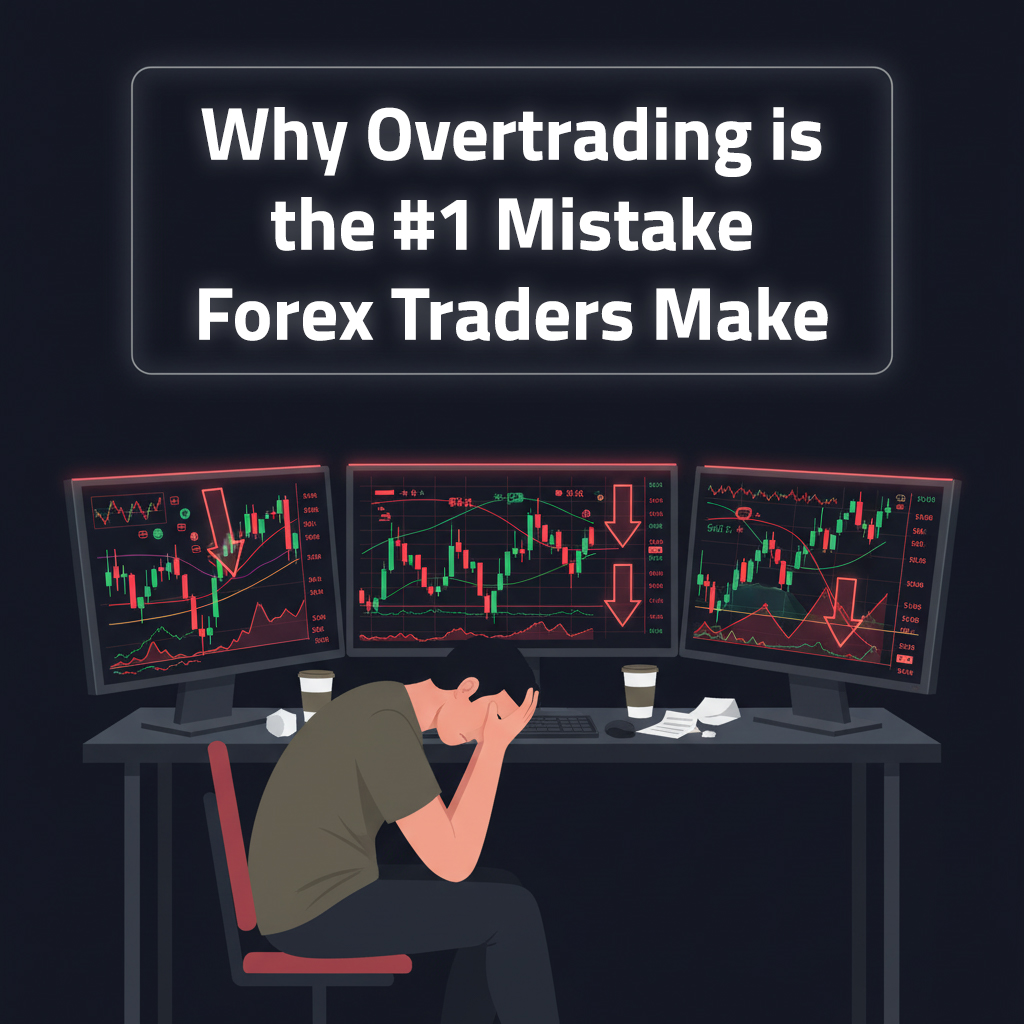
The #1 Mistake in Forex Trading
Powered by GFX Securities
Introduction
In today’s fast-paced forex markets, overtrading has become one of the most common pitfalls for retail and institutional traders alike. With forex volumes reaching $7.5 trillion daily in 2025, the temptation to trade excessively—whether to chase losses, capitalize on volatility, or follow market noise—is stronger than ever. At GFX Securities, we see overtrading as one of the main risks that erodes both capital and confidence. This article explores what overtrading means, how it damages your trading account, and how forex risk management strategies can help you trade with discipline instead of emotion.
What Is Overtrading in Forex?
Overtrading occurs when traders open too many positions, or trade too frequently, without a solid setup or strategy. It’s often driven by:
Chasing losses: Trying to recover quickly by placing impulsive trades.
Overconfidence: Believing a “hot streak” will continue indefinitely.
Market addiction: Feeling compelled to always be in a trade, even when signals are weak.
The danger isn’t just poor timing—it’s the psychological and financial toll that comes from constant, undisciplined market exposure.
The Consequences of Overtrading
Overtrading can quietly destroy a forex account:
- High transaction costs: Spreads and commissions add up quickly, cutting into profit margins.
- Reduced focus: Managing too many positions leads to poor decision-making.
- Emotional trading stress: Fear and greed dominate, often replacing strategy with impulse.
- Capital drawdowns: Without discipline, accounts deplete faster—especially in volatile markets.
Even traders with strong strategies can fall victim if they lack consistency in execution.
How to Avoid Overtrading in 2025
The key to longevity in forex trading lies in discipline, risk management, and structured strategy. Here are actionable steps:
Stick to a trading plan: Define entry/exit rules and risk levels before you trade.
Limit trade frequency: Quality setups beat quantity—fewer, high-conviction trades perform better.
Manage risk actively: Use stop-losses, lot sizing, and portfolio diversification to control exposure.
Leverage forex tools: On the GFX Securities platform, traders can access backtesting, sentiment filters, and volatility signals to avoid impulsive decisions.
Continuous education: Stay updated on forex trading psychology, market sentiment, and algorithmic risk tools to sharpen discipline.
Conclusion
Overtrading is one of the most subtle but destructive habits in forex trading. It eats away at profits through costs, drains focus through fatigue, and undermines success through emotional decision-making. By combining forex psychology insights, risk management tools, and structured strategies, traders can protect their capital and build consistency. At GFX Securities, we believe sustainable trading success in 2025 comes from quality, not quantity—making patience and discipline your most valuable assets.


